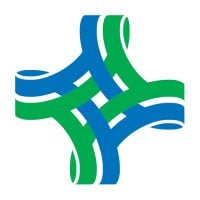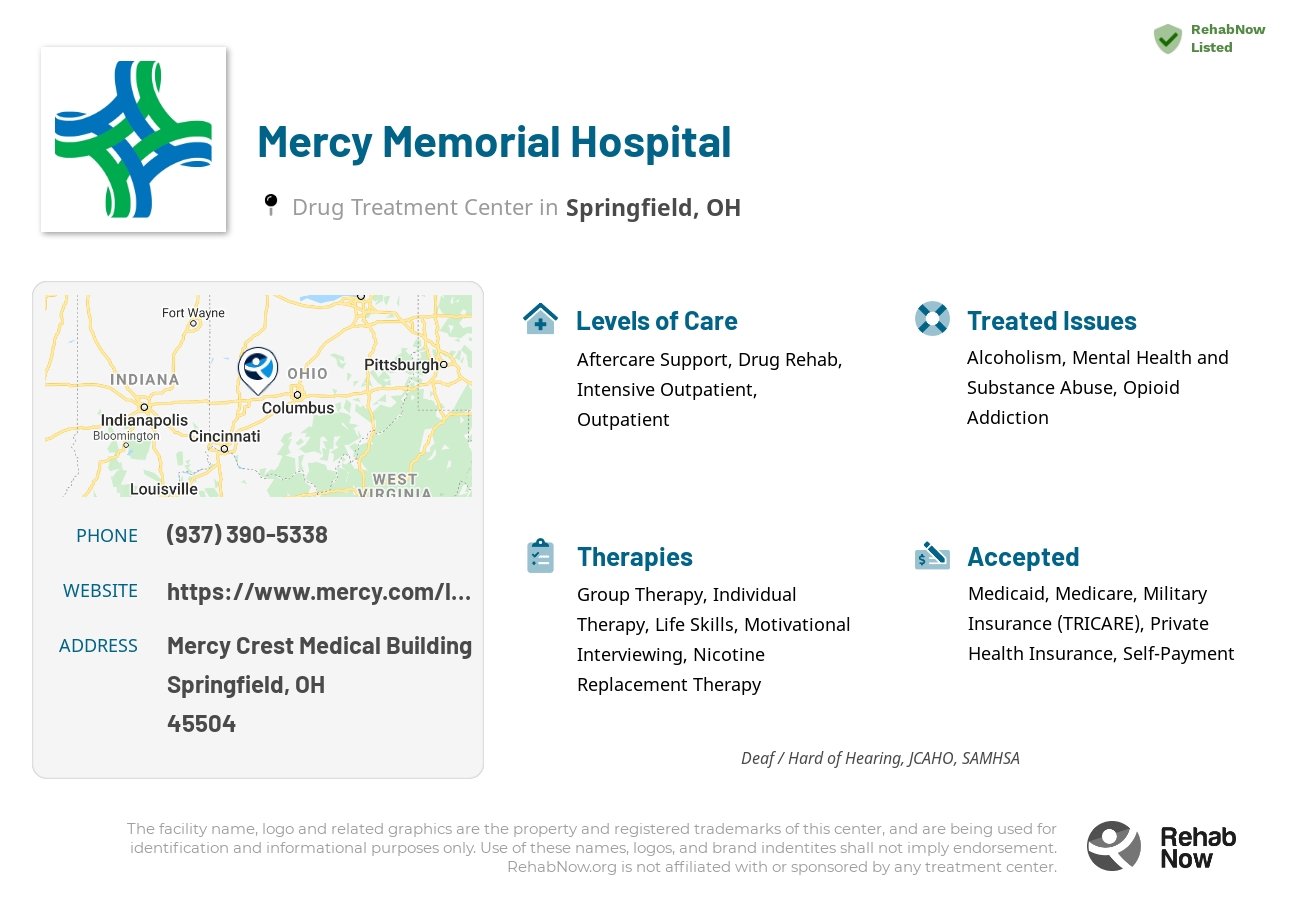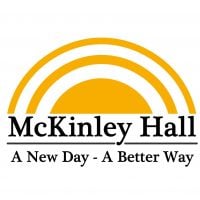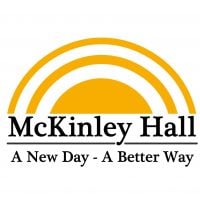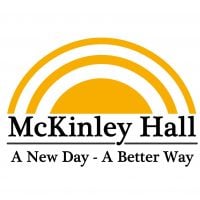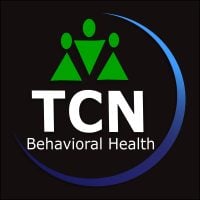Mercy Memorial Hospital
Drug Rehab Center in Springfield, Ohio
Mercy Health - Springfield in Springfield, Ohio, is an accredited alcoholism and drug addiction treatment facility that offers comprehensive care, including aftercare support, drug rehab, and outpatient programs, to individuals struggling with addiction and substance abuse.
About Mercy Memorial Hospital in Ohio
Mercy Health - Springfield is a reputable alcoholism and drug addiction treatment facility located in Springfield, Ohio. Accredited by JCAHO (Joint Commission on Accreditation of Healthcare Organizations) and SAMHSA (Substance Abuse and Mental Health Services Administration), Mercy Health - Springfield is a trusted provider of comprehensive care for individuals suffering from alcoholism, dual diagnosis, opioid addiction, and drug addiction. They offer a range of services including aftercare support, drug rehab, intensive outpatient programs, and outpatient levels of care. With a strong affiliation with Mercy Health - OH, patients can expect top-notch medical care and support throughout their recovery journey.
Mercy Health - Springfield is dedicated to addressing the needs of individuals struggling with addiction and substance abuse. Their services focus on providing comprehensive care and support to individuals suffering from alcoholism, dual diagnosis, opioid addiction, and drug addiction. The facility offers aftercare support to ensure patients have ongoing support even after completing their treatment. With a range of programs, including drug rehab, intensive outpatient programs, and outpatient levels of care, Mercy Health - Springfield tailors treatment plans to meet the unique needs of each patient. Their affiliation with Mercy Health - OH ensures that patients receive high-quality medical care and guidance throughout their recovery process.
Genders
Ages
Modality
Additional
Accreditations
SAMHSA

JCAHO
Conditions and Issues Treated
With so many people addicted to opioids, we need to help those who want to quit. The cycle begins when opioid addicts take opioids for a painful injury. When someone starts taking their medication differently or in excess, it means they’re addicted and at risk of overdosing.
In , detoxing from these types of treatments is the most effective way to beat this. Most facilities begin with medical assistance and then provide counseling services; rehabilitation follows after successful treatment.
Levels of Care Offered
This center offers a variety of custom treatment tailored to individual recovery. Currently available are Aftercare Support, Drug Rehab, Intensive Outpatient, Outpatient, with additional therapies available as listed below.
An intensive outpatient program (IOP) is effective for drug rehab, but it can take six months to several years to complete. It’s the most popular type of drug rehab program in the United States. One example of a successful IOP success story is actor and comedian Chris Rock, sober since 1990.
An IOP allows participants to spend nights at home while attending meetings throughout the day. It’s a good way for drug addicts to make a recovery plan in an outpatient setting while still supporting their loved ones.
Alcohol or drug addiction, or co-occurring disorders, are treated in an outpatient program. The patient must attend therapy and other programs at the facility but can return home each night.
Outpatient treatment allows recovering addicts to live at home while receiving addiction treatment. Outpatients can attend group sessions for a few hours per week. Outpatients may also continue to work full time and study/attend school without interruption if they choose.
The accomplishment of completing a drug or alcohol treatment program is just the first step. Once that is complete, aftercare support comes into play. This includes helping people adjust to life without substances outside of guidelines with assistance like getting sober living accommodations and career counseling and AA/NA programs for those who are struggling between sobriety or want continued help in maintaining it once they have completed their initial rehabilitation at an addiction facility.
Aftercare comprises services that help recovering addicts readjust to normal day-to-day activities while working on specific issues. These problems include psychiatric issues, family problems caused by substance abuse, continuing education pursuits if desired during rehab, etc. These can last up to one year+ depending on what’s needed most urgently upon completion of earlier stages.
Therapies & Programs
Different people react differently to various treatment options. Some drug rehabilitation centers offer individualized treatment that caters to the specific needs of a drug addict. The best treatment option varies on an individual depending on the type of drug abused, life history, medical condition of the person, social circumstances, and the environment they live in now.
When a person enters drug rehab, they usually have anti-drug associations such as withdrawal symptoms, stress, cravings, etc. The first step of drug rehab is to detoxify the body from any residual substances in it. Drug rehabilitation centers usually employ trained medical professionals to help in this process. Usually, the initial detoxification lasts for five days, where the person is monitored under close supervision.
Attending group therapy at Mercy Memorial Hospital in , is a useful way for those seeking sobriety to realize they aren’t the only one going through it.
This is when a group of people on different recovery phases get together and talk about what they’re going through, their triggers, successes, and failures. This can include alternative types of therapies too! Group therapy may occur on an outpatient or inpatient basis with groups that have no pre-existing relationships outside the session, unlike support groups where everyone already knows each other beforehand.
Cognitive Behavioral Therapy is a type of psychotherapy that helps people address the thoughts and behaviors that may have led to their addiction. It also helps change negative thoughts into positive ones and promotes healthy communication between addicts and those around them. CBT is an efficient treatment for individuals suffering from all sorts of addictions.
Cognitive Behavioral Therapy (CBT) focuses on the underlying thoughts and behaviors that caused the problem of addiction in the first place and may cause a relapse. Negative feelings are common in drug abuse disorders, but they can lead to co-occurring disorders if not recognized. CBT involves strategies that help to change the behavior pattern by restructuring negative thoughts into positive ones. It helps to remove these feelings, and it provides long-term benefits. Also, CBT promotes self-awareness, self-control and can be administered as a mono-therapy or as part of combination therapy.
Life Skills Services offered at Drug Treatment Centers assists addicts in their recovery by teaching them healthy coping mechanisms that will aid them in becoming sober, focussing on helping people enter into, and maintaining long-term sobriety. Drug Treatment Centers provide Life Skills Services at varying levels of intensity, specific to the needs and requirements of each patient.
Life Skills Services offered at Drug Treatment Centers assists addicts in their recovery by teaching them healthy coping mechanisms that will aid them in becoming sober, focussing on helping people enter into, and maintaining long-term sobriety. Mercy Memorial Hospital in Springfield, Ohio provide Life Skills Services at varying levels of intensity, specific to the needs and requirements of each patient.The benefits of Life Skills Services offered at Drug Treatment Centers:
- Restores hope and empowerment — Helps addicts believe that recovery is possible and instills a new confidence in their ability to achieve a positive, drug-free future
- Enhances family involvement — Encourages families to get involved in the recovery process and supports their understanding and encouragement of healthy behavior.
- Increases patient’s compliance — Helps patients take responsibility for and ownership of their recovery and encourages continued progress
- Reduces relapse rates — Encourages long-term abstinence and emphasizes the importance of establishing sober support systems.
Payment Options Accepted
For specific insurance or payment methods please contact us.
Is your insurance accepted?
Ask an expert, call (888) 674-0062
Mercy Health – OH Associated Centers
Discover treatment facilities under the same provider.
- Mercy Health - Urbana Hospital - REACH in Urbana, OH
- Mercy Health Saint Elizabeth - Behavioral Health in Youngstown, OH
- Mercy Health - Behavioral Health Institute in Warren, OH
- Mercy Hospital Clermont - Behavioral Health in Batavia, OH
- Mercy Health Reach Services - Springfield in Springfield, OH
Learn More About Mercy Health – OH Centers
Additional Details
Specifics, location, and helpful extra information.
Springfield, Ohio 45504 Phone Number(937) 390-5338 Meta DetailsUpdated November 25, 2023
Staff Verified
Mercy Memorial Hospital Patient Reviews
There are no reviews yet. Be the first one to write one.
Springfield, Ohio Addiction Information
Ohio is suffering from a drug abuse problem that is costing thousands of its residents their lives every single year. Opioids, particularly Fentanyl and heroin, are the leading drugs in the state. The state ranks in the top 10 for illicit use of painkillers. Opioid-related overdose rates in Ohio are by far some of the highest in the country.
In 2017, there were 78 overdoses in Springfield, up from just 12 in 2016. Heroin is the most commonly abused drug in Springfield. Drug abuse and addiction cost Springfield residents over $100 million every year. It affects people of all ages, races, and socioeconomic backgrounds. Springfield has several detoxification centers that can help with the withdrawal process.
Treatment in Nearby Cities
- Medina, OH (132.2 mi.)
- Xenia, OH (18.8 mi.)
- Bellaire, OH (162.7 mi.)
- Fairfield, OH (57.3 mi.)
- Sugarcreek, OH (121.0 mi.)
Centers near Mercy Memorial Hospital
The facility name, logo and brand are the property and registered trademarks of Mercy Memorial Hospital, and are being used for identification and informational purposes only. Use of these names, logos and brands shall not imply endorsement. RehabNow.org is not affiliated with or sponsored by Mercy Memorial Hospital.
